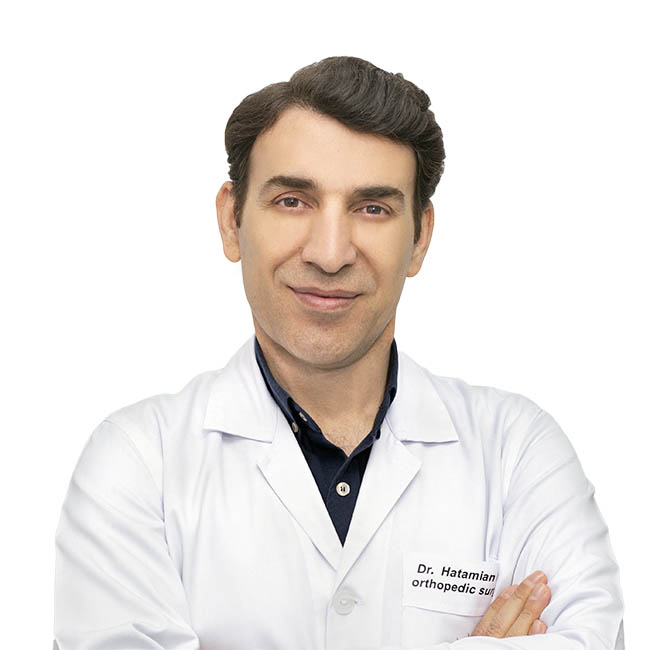Obsessive Disorder
Obsessive-Compulsive Disorder (OCD) is a mental condition characterized by the presence of distressing and intrusive thoughts, known as obsessions, which compel the individual to engage in repetitive and ritualistic behaviors, termed compulsions. Despite the person's awareness of the irrationality of these thoughts and actions, they find it challenging to resist the compulsive urges. OCD is considered a severe neurosis that disrupts the patient's mental and behavioral equilibrium, leading to difficulties in adapting to the environment.
Psychoanalysts view obsession as a manifestation of unconscious instincts, wherein a particular thought, desire, or belief, often erroneous, takes hold of a person, depriving them of their free will and compelling them to engage in actions against their own wishes. The individual experiences a persistent and unyielding drive to perform certain behaviors, even though they recognize the futility of their actions or thoughts, leading to a state of inner conflict.
Various types of obsessions can manifest in individuals with OCD. One of the most common forms is OCD Obsessive-Compulsive Disorder, wherein the individual becomes preoccupied with a particular thought or idea, continuously attempting to reach a resolution that remains elusive. This intense mental preoccupation hinders the person's ability to focus on other aspects of life. Obsessions may revolve around the body's health, past behaviors, beliefs, or extreme thoughts concerning unfortunate events or religious matters.
Another form of OCD is Practical Obsession, where the individual experiences compulsions that drive them to perform specific actions repeatedly. These actions may include excessive handwashing, even though the person recognizes the irrationality of the behavior, or staying in the bathroom for extended periods. Practical obsession can also manifest in dangerous practices, such as suicidal ideation.
Obsessive behaviors can take various forms, including frequent washing, deviant behavior (e.g., stealing without material need), obsessive accuracy (e.g., excessive organizing of objects), counting rituals, and walking compulsions (e.g., walking specific steps in a certain way). These behaviors serve as a coping mechanism for the individual to gain control over their environment and emotions.
The underlying causes of OCD involve a combination of genetic factors and revealing triggers. Depression is considered one of the contributing factors to obsessions and intrusive thoughts. Bitter life events, lack of self-confidence, and unrealistic expectations from the environment can lead to depression, which, in turn, may be the cause of obsessions. Adler's theory highlights feelings of inadequacy as a causal factor for OCD, suggesting that individuals develop obsessions as a means to gain a sense of control and usefulness.
Studies have shown that individuals with OCD generally possess average to above-average intelligence. Furthermore, those who are more sensitive in their personal lives are more susceptible to developing obsessive-compulsive disorder, often experiencing the condition if their parents frequently criticize them.
The consequences of obsessions and intrusive thoughts can be profound and disruptive to an individual's life. For example, a person spending excessive time in the bathroom performing rituals may expend useful energy. Another person might avoid leaving the house altogether, fearing contamination from surrounding objects. In these scenarios, the individuals' daily functioning is significantly impacted, hindering their ability to lead a normal life.
Diagnosing and treating OCD is essential to alleviate its debilitating effects. Through psychological evaluation and assessment, a diagnosis can be made, allowing for the implementation of effective treatment strategies. Treatment for OCD often includes a combination of counseling, relaxation techniques, behavioral therapy, and, in some cases, medication. Early intervention and proper management can lead to improvements in the individual's condition and help them regain control over their thoughts and behaviors, enhancing their overall quality of life.

